
Brother arrives in UK cinemas on September 29 2023
“Once, he showed me his place in the sky. That hydro pole in a parking lot all weed-broke and abandoned. Looking up, you’d see the dangers of the climb. The feeder lines on insulators, the wired bucket called a pole-pig, the foot-holds rusted bad and going way into a sky cut hard by live cables. You’d hear the electricity as you moved higher, he warned me. Feel it shivering your teeth and lighting a whole city of fear inside your head. But if you made it to the top, he said, you were good. All that free air and seeing. The streets below suddenly patterns you could read”. – David Chariandy ‘Brother’ (2017)
Like the opening of Chariandy’s award-winning 2017 novel, the loud buzz of electricity from the overhead power lines fills the first frames of Clement Virgo’s hauntingly beautiful adaptation of Brother. Fear and danger hang in the air as Michael (Lamar Johnson) and his older brother Francis (Aaron Pierre) slowly make their way up the rusted tower, the electric buzz of the lines becoming louder as they climb. But they have each other, and Francis is not about to let anything happen to his younger brother. The year is 1991, and the place is Scarborough, Toronto.
Virgo’s poetic, powerful and faithful adaptation unfolds over three distinct periods in the lives of Michael, Francis and their hard-working single mother, Ruth (Marsha Stephanie Blake). From the outset, it’s clear that the streets are unsafe and that despite his mother’s reassurances as a child, the now older and wiser Francis knows he has to protect his mother and younger brother from the violence and discrimination surrounding them. Here, Virgo seamlessly threads themes of sexual awakening, music, love and community with conversations on racism and masculinity as a powerful brotherly bond is stripped away. Stylistically, many will draw parallels to the work of Barry Jenkins, Steve McQueen and Trey Edward Shults. But Virgo’s Brother carries its own unique and poetic voice as discussions on grief, masculinity and love are unpacked through a heartwrenching exploration of the inner-city Black experience and the personal and social toll of oppression.
Aaron Pierre’s Francis is strong and streetwise but also vulnerable, the little boy who suffered nightmares buried in the man’s tall, muscular and outwardly confident frame. His relationship with the loving Jelly (Lovell Adams-Gray) is exquisitely tender in construct, but Francis’ unspoken sexuality is never at the centre of his fear but, instead, his stabilising force alongside the love for his mother and brother. At the same time, Lamar Johnson’s Michael is thoughtful, caring and often unconfident; he wears his feelings and emotions with pride while tentatively wooing the supportive and loving Aisha (Kiana Madeira), only for them to separate through tragedy in 1991. However, Aisha’s return to Scarborough in 2001 opens the door to healing for Michael, who is still haunted by the events ten years before.
Brother is a genuinely stunning ensemble drama, with every performance award-winning, but it’s Pierre and Johnson who light up the screen. Every interaction between them feels authentic, their brotherly bond built on shared hopes, dreams, cultural heritage, community, music and love. Here, the unspoken moments between Pierre and Johnson carry the most power, from Michael’s silent acknowledgement that Jelly is far more than a friend to his brother to Francis’ need to protect Michael at all costs from the darker world surrounding them. When you add the stunning art direction of John Kim, the beautiful score by Todor Kobakov and the rich Jamaican-inspired colours of Guy Godfree, Virgo’s film jumps from the screen and into your heart.
Unlike many similar dramas, Scarborough is not a social prison for both men but a vibrant community desperately attempting to rise above the oppression and gang violence surrounding it. Here, a stream of hope flows through the streets of an inner-city neighbourhood despite the dams of discrimination, segregation and violence that attempt to block its path. Brother is a stunning, tender and compelling story of brotherly love, family, community and friendship that isn’t afraid to challenge outdated notions of masculinity while reflecting the intergenerational trauma of oppression and racism and the scars it leaves on a community, individual and family. Brother is a hauntingly beautiful cinematic triumph.
GIRL
-
Brother (2022)
Summary
A stunning, tender and compelling story of brotherly love, family and friendship that isn’t afraid to challenge outdated notions of masculinity while offering us a searing portrait of community oppression and racism

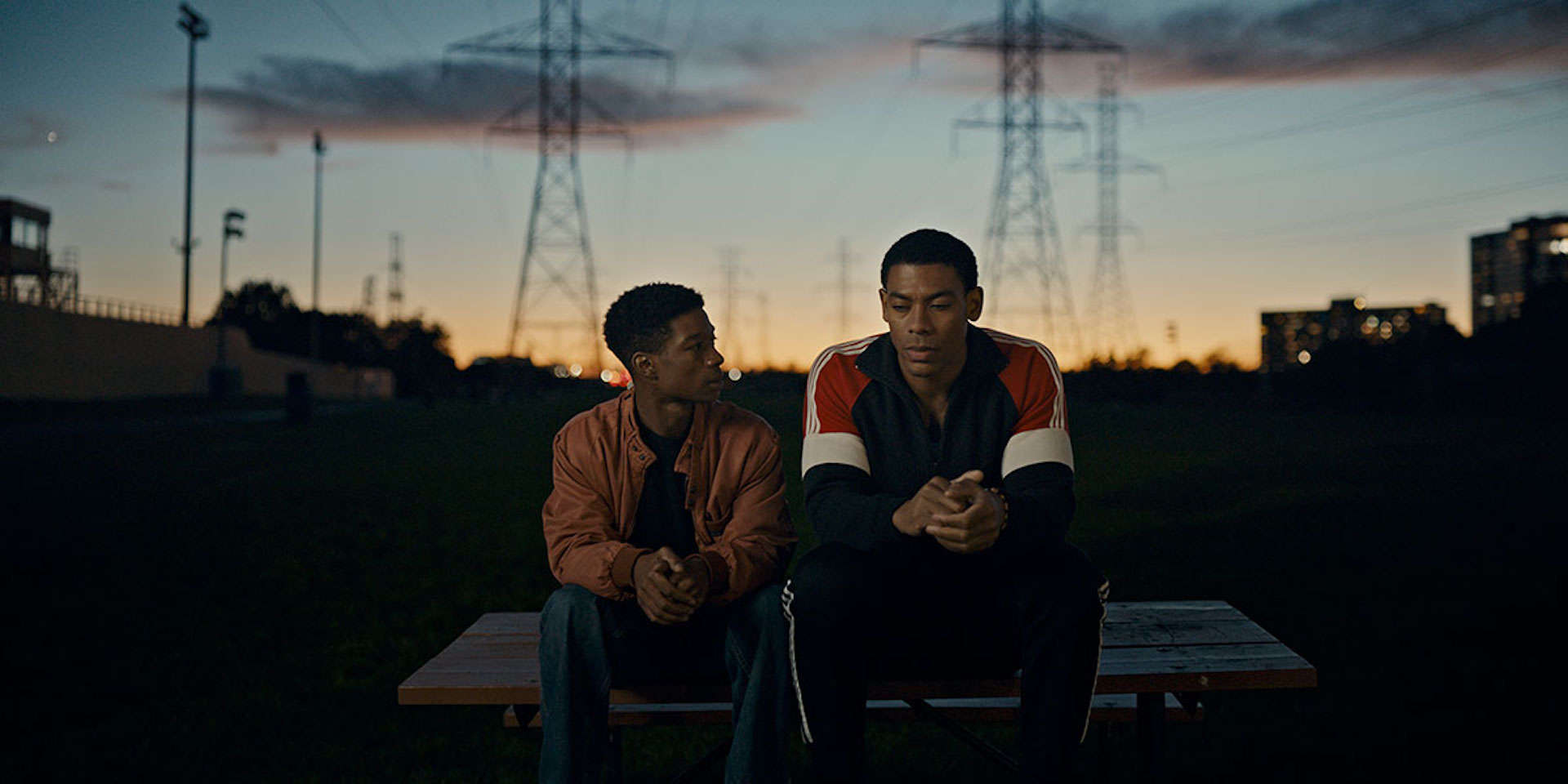

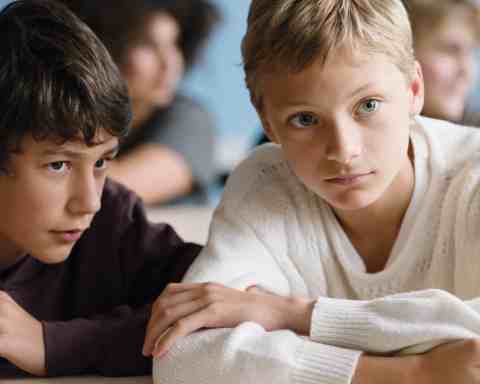

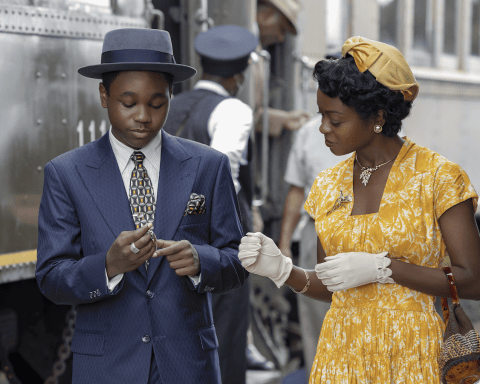
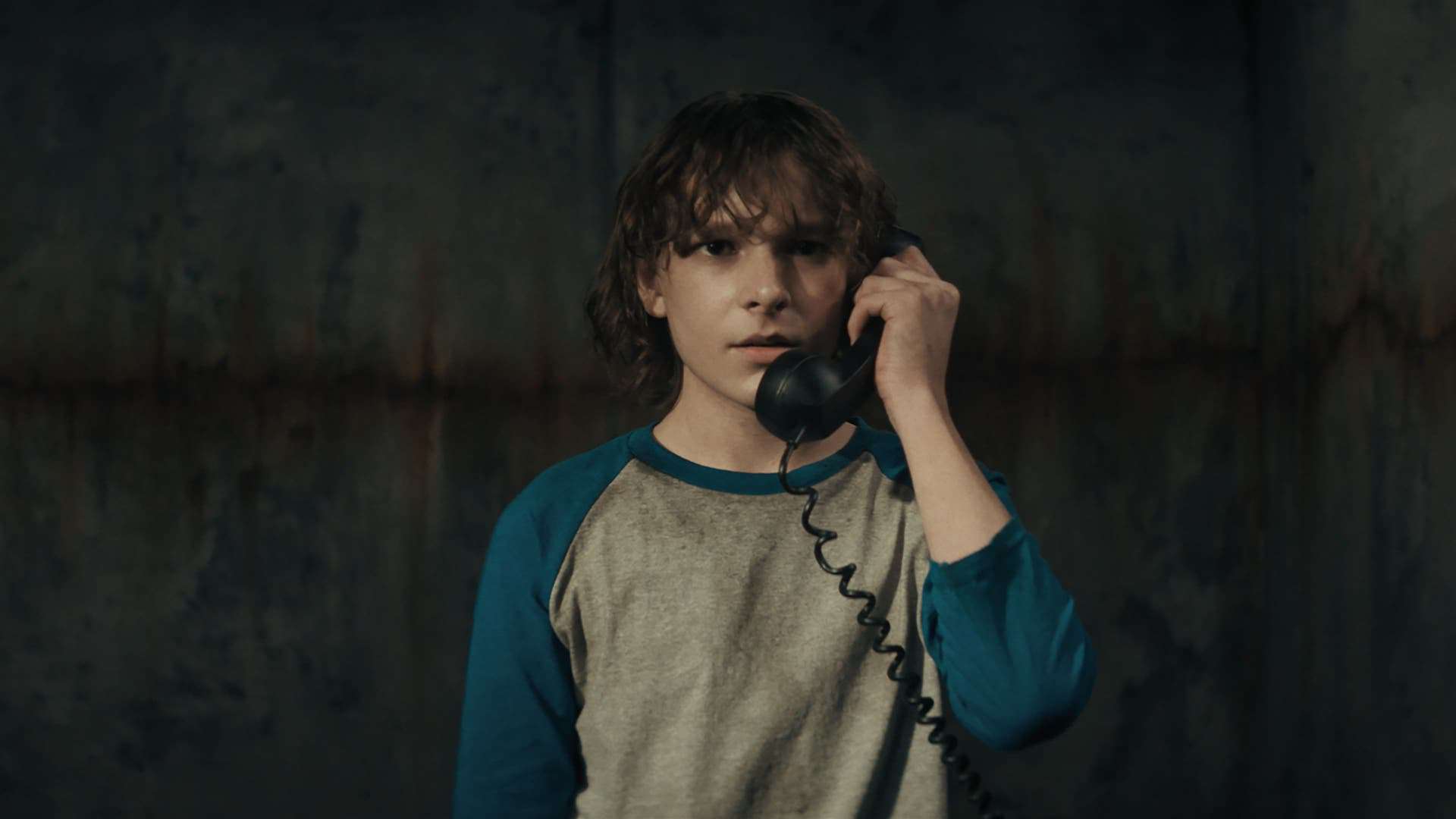
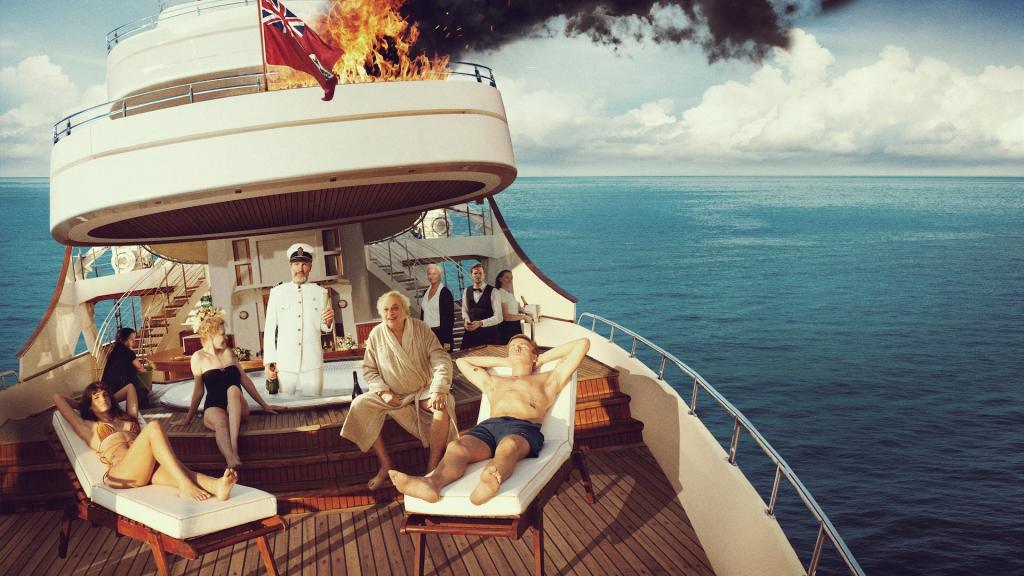
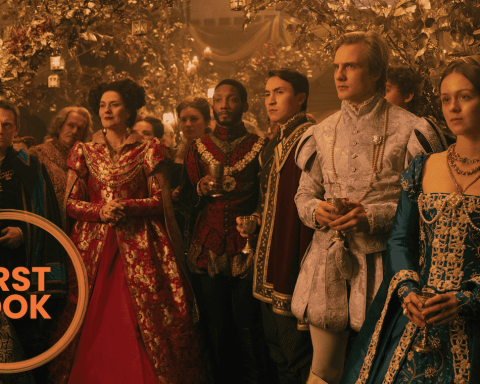
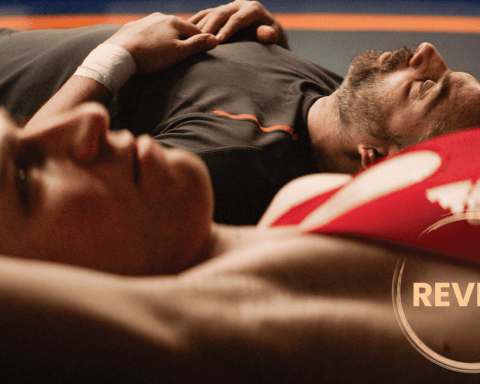
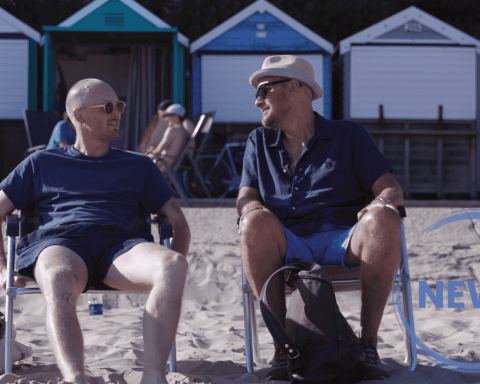


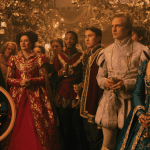
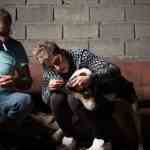
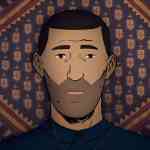
You must be logged in to post a comment.